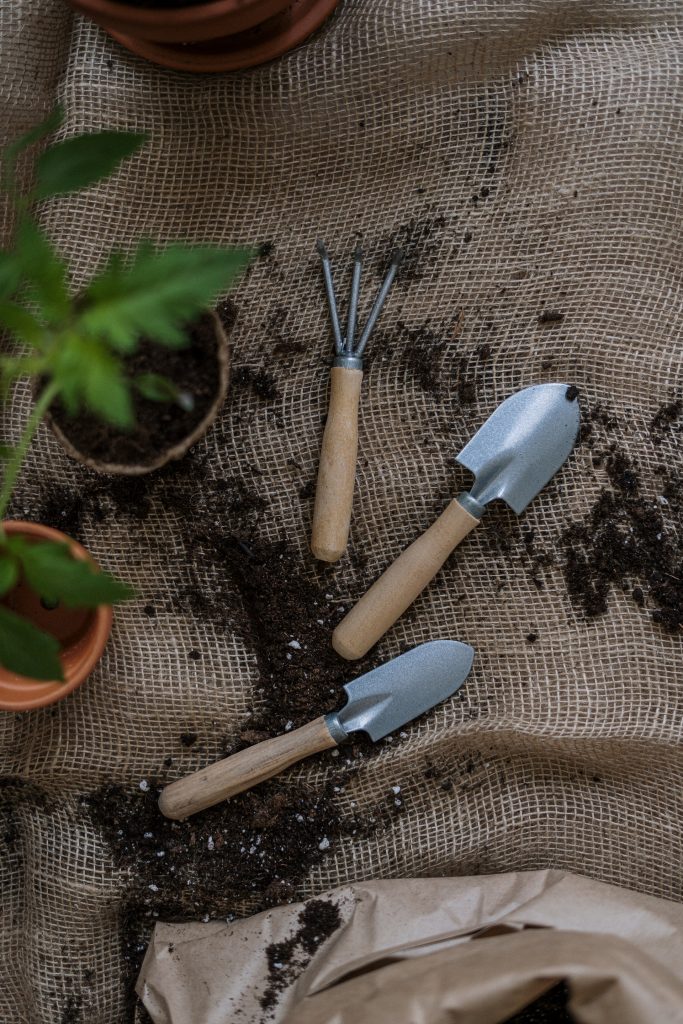If you’re a plant parent, you know that the most important tool of all is your hands. But there’s no shame in using a few extra helpings of technology to make sure your plants stay happy and healthy. Here are a few must-have tools for the first-time or veteran plant parent:
Fertilizer
There’s no avoiding the fact that your plants need to eat. Fertilizer is essential for healthy plant growth and development, as it helps plants absorb nutrients from the soil. If you’re planting a new garden or adding to an existing space, consider what type of fertilizer will best serve your needs.
Fertilizers come in three forms: liquid, powder and pelletized (granular). Each form has its own benefits and drawbacks—liquid fertilizers are convenient but can be messy; powders are easy to use but may clump together when mixed; granules are hardier than powders but less versatile than liquids.
The first thing to determine is which type of fertilizer best suits the type of plants you want to grow: leafy greens like lettuce benefit more from liquid fertilizers since they require more nitrogen than other crops like tomatoes do; flowering plants like tulips need plenty of phosphorus because that element helps promote flower bud formation while potassium promotes overall healthiness by aiding photosynthesis in leaves while also preventing diseases like powdery mildew on flowers themselves
Grow light
Grow lights are a must-own for plant parents of all kinds. Grow lights can be used to help your plants grow, especially during winter, when they aren’t getting enough sunlight. However, they can be expensive and it’s important to do your research before you buy one. Some grow lights are better than others!
Some growers prefer using grow lights indoors while others prefer their plants outside with natural sunlight. Make sure your choice matches where you plan on growing your plants so that they get the right conditions necessary for growth and good health.
Grow lights also vary in quality depending on how much light they provide per wattage used (the more watts per hour used by a grow light means less money spent over time). It’s important to choose lighting based on what type of plant needs grown as well as where it will be placed within its container or garden bed
Mini fan
A mini fan is an essential tool for any plant parent, providing both a cooling breeze and white noise. A mini fan will help you maintain the temperatures in your home and make it easier to sleep at night.
A good quality mini fan should have three settings: low, medium, high. The low setting should be used during the day when you’re home and awake; this setting makes enough noise to drown out other distractions (like your roommate or television) while still providing a comfortable level of air movement that won’t cause undue fatigue or stress on your plants.
The medium setting is best used at night when everyone else has gone to bed; this provides enough airflow to keep plants happy without disturbing anyone else sleeping in the room with you!
Finally, if there are times when moisture levels in your growing space reach dangerous levels because humidity control isn’t working properly (or if there aren’t any vents for ventilation), then turn up the speed on your mini fan until things stabilize again (but don’t leave it running at full blast all day long!).
Heating pad
Not all plants are native to the same region, and some require a warmer climate than others. If you live in a cold climate, or if your grow space is not very well insulated, consider purchasing a heating pad to help keep your plants warm.
Heating pads are meant to be used in conjunction with grow lights—not as a replacement for one! Heating pads can also be helpful for plants that need to stay warm at night (like tropical species) or those that like their roots kept at a certain temperature (like pepper seedlings).
Self-cleaning pot
The self-cleaning pot has holes in the bottom so that it can drain out water and other liquids such as plant food or chemical additives into the sink, where they can be easily washed away. This is helpful if you water your plants frequently and don’t want to spend time cleaning up after each use, but also useful for people who like to fertilize their plants regularly with natural substances like molasses or seaweed extract.
It’s great for anyone who enjoys using organic products on their plants because it makes it easy for them to rinse out any residue after watering without having to worry about spreading chemicals around the house by hand-washing them off afterwards (for example).
Watering can with long spout
A watering can is a must-have tool for plant parents because they make it easier to reach the bottom of your pot. You can buy one at any hardware store, and you don’t need to spend a lot of money on it—you just need something that holds water and has a long spout so you can get those thirsty roots.
A watering can will also come in handy when you’re trying to keep an eye on your plants outside since they often have shallow roots and require regular attention.
Pruning shears or scissors
Pruning shears and scissors are two very different tools but they can be used interchangeably. Pruning shears are best for cutting through thick stems while scissors are good for clipping leaves and flowers, cutting off damaged stems and dead flowers.
However, if you’re looking to save money on buying both types of cutters it’s possible to use one tool for both jobs!
Plant parenting is hard but it’s worth it.
Plants are a wonderful way to express yourself in your home. They can be a great addition to any room, and they’re also a relaxing way to spend an afternoon or evening. In fact, plant parenting can be an easy way to get kids interested in gardening!
Plants are also quite practical—they clean the air by removing carbon dioxide and producing oxygen. In addition, most plants absorb chemicals from the soil (and pollutants from the air) that help purify your home’s air quality, making it healthier for you and your family members.
I hope this list has helped you as much as it did me. Now that I’ve had this experience, I would never go back to my old ways! Plant parenting is not easy but the benefits are so worth all of the hard work. If you have any questions about these tools or how they can help in your plant parenting journey, let me know in the comments below!



